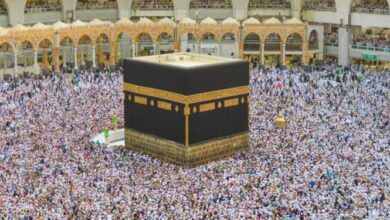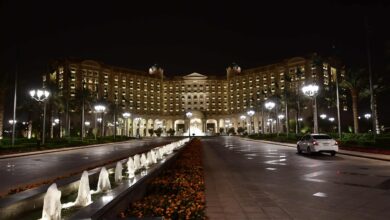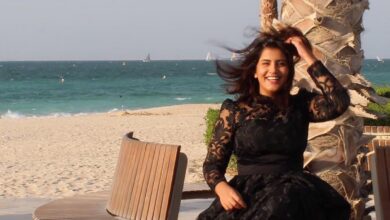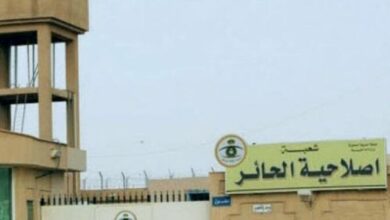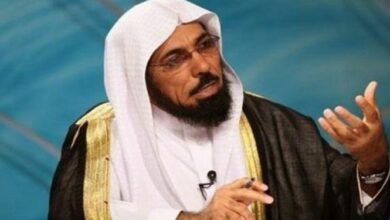Saudi regime condemns Salman Al-Awda for “Tweets”
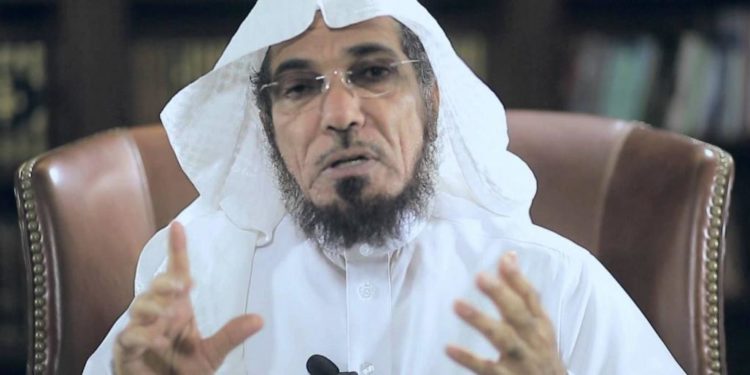
The son of Salman Al-Awda, who has been held in the Saudi prisons for two years, said on Sunday that his father attended a hearing before the specialized court of the Al-Saud regime in Riyadh, where he showed him evidence of 2,000 tweets posted on his Twitter account.
In a tweet on Twitter, the son of the prominent preacher detained said that “the prosecution presented during the hearing evidence it condemned my father, which is two thousand tweets published through his Twitter account,” noting that there will be a hearing Monday to respond to the evidence.\
Courts in the kingdom usually do not release much details of their hearings, do not broadcast them, and do not announce the names of defendants in cases.
The last tweet by Sheikh al-Awda before his arrest in September 2017 called for the unity of the Gulf Cooperation Council (GCC) after nearly three months of the Gulf crisis and the blockade of Qatar, which provoked angry responses in the Kingdom against him.
The Saudi authorities frequently postpone Al-Awda’s trial without giving reasons, amid continued detention since 2017 in solitary confinement.
Abdullah al-Awda, son of preacher Salman al-Awda, has revealed that the court in Riyadh held a hearing for his father on Thursday.
Abdullah said, on Twitter, that his father was presented to judges who are different from the judicial team that was considering his case, pointing out that they have set next Tuesday, the next hearing for his trial.
He added that the health of Salman al-Awda is good and that the conditions of his transfer have improved, asking God to release him and other prisoners of conscience in the Kingdom.
Earlier on Thursday, the preacher’s son announced on Twitter that his family had been informed of the transfer of his father to Riyadh in order to attend a new hearing, as part of his trial, although the initial date is supposed to be in December.
In September 2017, the Saudi authorities arrested dozens of preachers, writers, and academics in a crackdown on Crown Prince Mohammed bin Salman’s opponents and some independents not loyal to him.
The Saudi Public Prosecution charged Al-Awda with dozens of charges related to “terrorism”.
Detained preachers and other dozens of academics and public figures are tried in secret in the kingdom. The authorities usually do not allow the media, organizations or even their families to attend the sessions.
There are human rights concerns about the imminent issuance and execution of “Al-Awda” and others, including Awad al-Qarni and Ali al-Omari, on political charges.
The Public Prosecutor demanded the maximum penalty for Al-Awda, in a secret hearing in May 2018, on charges including “spreading sedition and incitement against the ruler”.
In August 2018, Amnesty International demanded that the Saudi authorities immediately and unconditionally release Al-Awda, drop all charges against him, and respect international human rights standards in his trial.
Al-Awda is one of dozens of religious scholars, activists and intellectuals who have been arrested since Crown Prince Mohammed bin Salman took office in 2017.

